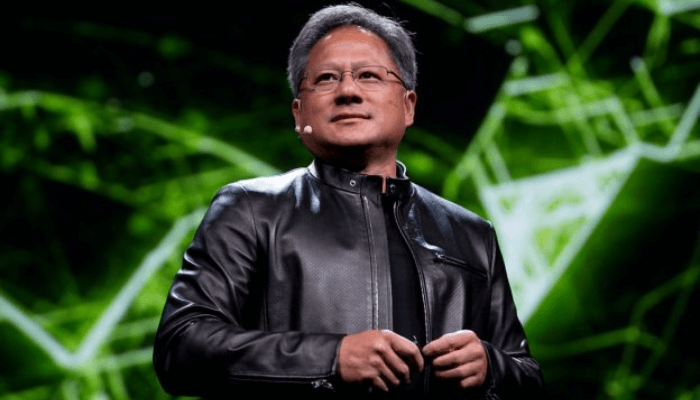Nvidia becomes first US public firm to reach $5 Trillion valuation boosted by A.I. Boom
As Jensen Huang, the chief executive of the chip-making giant Nvidia, travelled to Asia to meet with President Trump on Wednesday, his company’s value topped $5 trillion. It was a show of wealth that would have been unthinkable a few years ago.
But that was before the ChatGPT chatbot ignited an artificial intelligence boom that is remaking the global economy. It was before other tech titans began spending hundreds of billions of dollars on construction projects on almost every continent. And it was before Nvidia’s computer chips, the most essential and expensive component in almost every A.I. scheme, became a linchpin of the Trump administration’s foreign policy.
Read Also: OpenAI to build autonomous AI researcher by 2028- Altman
Nvidia’s milestone, the first publicly traded company to top $5 trillion in market value, is indicative not only of the astonishing levels of wealth consolidating among a handful of Silicon Valley companies but also the strategic importance of this company, which added $1 trillion in market value in just the past four months.
Nvidia has become a driving force behind the U.S. economy. Spending on data centers, which are filled with the company’s chips, accounted for 92 percent of the country’s gross domestic product growth in the first half of the year, according to Jason Furman, a professor of economic policy at Harvard. Without it, the economy would have grown 0.1 percent.
But Nvidia’s stunning growth also comes with a warning to investors, from the biggest banks on Wall Street to small-time traders on Main Street, that the stock market is becoming more and more dependent on a group of technology companies that are churning out billions in profits and splurging to develop an unproven technology that needs to deliver enormous returns.
“There’s unbridled optimism about where this technology is going to go,” said Gene Munster, a managing partner at Deepwater Asset Management, which invests in emerging technology companies. “But the question is: Will it deliver? The usefulness of A.I. is still limited today.”

